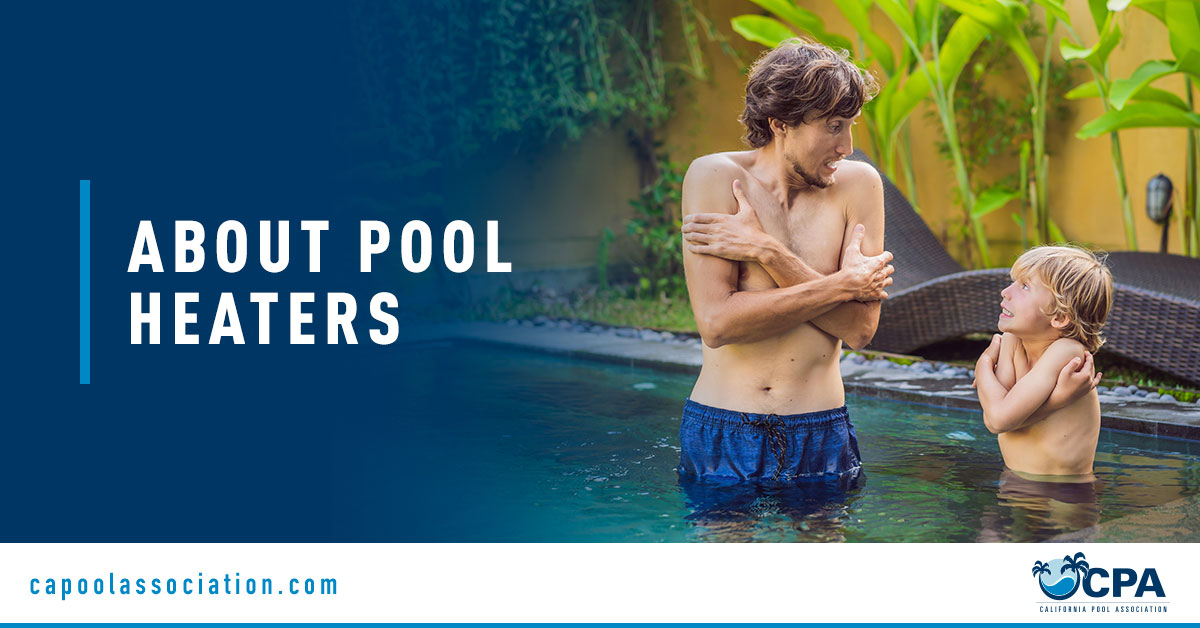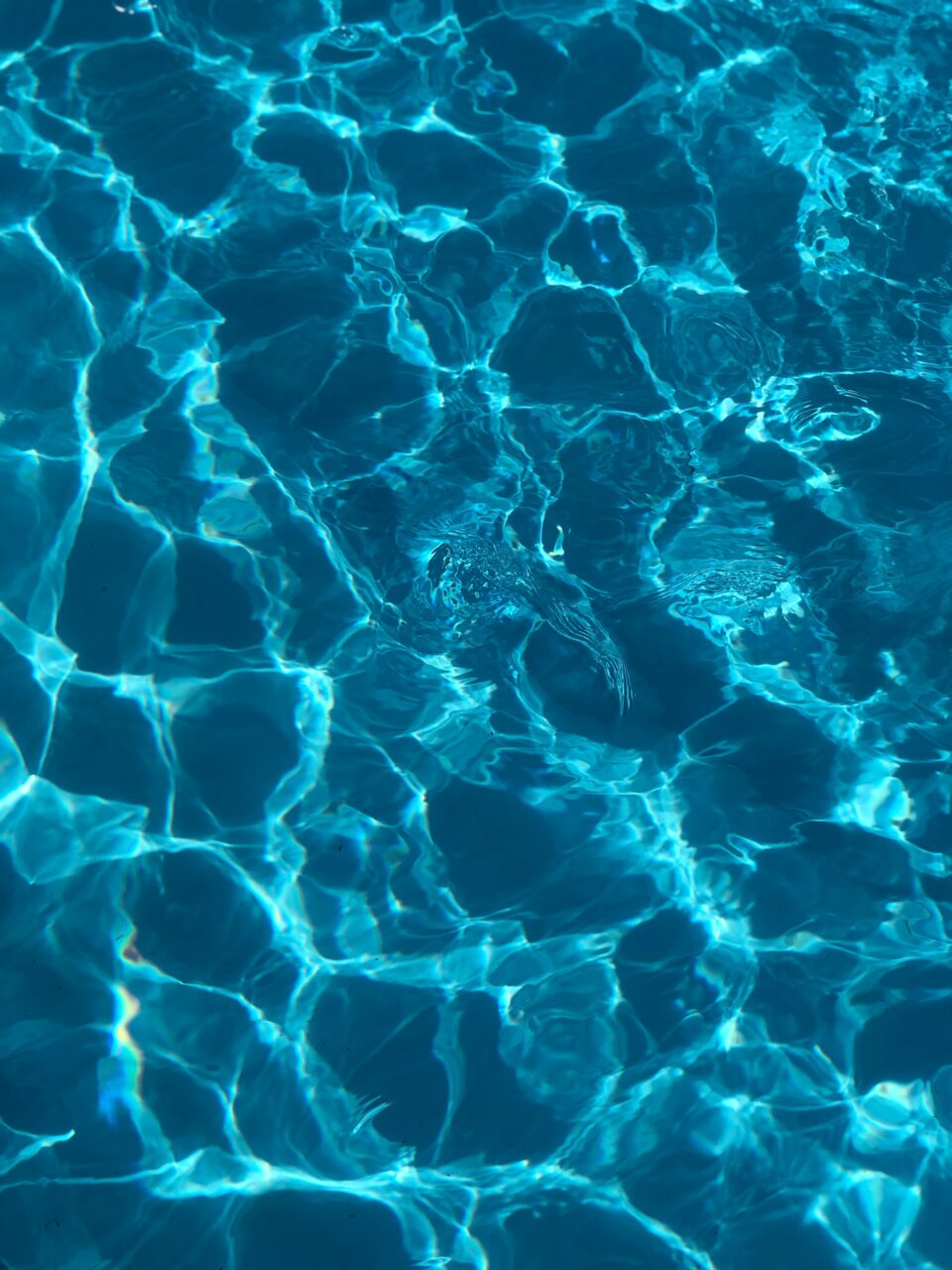
What type of heater is best for a pool? There are four main types of pool heaters: solar, gas, electric, and heat pump. Each one has its own advantages and disadvantages, depending on your situation. Here is a brief overview of each type:
Solar pool heaters use the sun’s energy to heat your pool water. They are eco-friendly and cost-effective in the long run, but they depend on the availability of sunlight and may not heat your pool as quickly or consistently as other types. Solar pool heaters usually consist of solar collectors, a filter, a pump, and a flow control valve. Some models may also have a backup heater for cloudy days or nights. Solar pool heaters are compatible with both above-ground and in-ground pools1.
Gas pool heaters use either natural gas or propane to heat your pool water. They are fast and powerful, but they can be expensive to operate and maintain, and they emit greenhouse gases. Gas pool heaters usually consist of a combustion chamber, a heat exchanger, and a thermostat. Some models may also have low NOx emissions or electronic ignition features. Gas pool heaters are compatible with both above-ground and in-ground pools2.
Electric pool heaters use electricity to heat your pool water. They are reliable and easy to use, but they can also be costly to run and may not work well in cold climates. Electric pool heaters usually consist of an electric element, a thermostat, and a switch. Some models may also have digital controls or self-modulating technology. Electric pool heaters are compatible with both above-ground and in-ground pools3.
Heat pump pool heaters use electricity to transfer heat from the air or the ground to your pool water. They are energy-efficient and durable, but they have a high initial cost and may not perform well in extremely low temperatures. Heat pump pool heaters usually consist of an evaporator coil, a compressor, a condenser coil, and a fan. Some models may also have titanium heat exchangers or dual thermostats. Heat pump pool heaters are compatible with both above-ground and in-ground pools4.
In California, there are some specific regulations for pool heaters that you should be aware of before buying one. For example:

Swimming pool heaters can never be too big. The larger the heater’s output, the faster it heats the water in the pool. When installing a pool heater, it is better to select one that is rated somewhat higher than the actual pool surface area. And keep in mind that the larger the BTU output of the pool heater, the quicker it will heat the water. This would mean less run time on the heater and a longer overall lifespan.
And more importantly, pool heaters make your client’s swim time more comfortable when the air temperature is not ideal and more affordable because they’ll be able to use their pool whenever they want. It will be money well spent for your client’s because time spent with family and friends is precious.
Consider the size, shape, and location of your pool, as well as the climate and your desired pool temperature. Different types of pool heaters have different heating capacities and efficiency ratings.
Compare the initial cost, installation cost, operating cost, and maintenance cost of different pool heaters. Some pool heaters may have a lower upfront cost but a higher running cost, or vice versa. You may also want to factor in the environmental impact of your pool heater, such as its carbon footprint and energy consumption.
Choose a pool heater that suits your needs and preferences. There are four main types of pool heaters: solar, gas, electric, and heat pump. Each one has its own advantages and disadvantages, depending on your situation. For example, solar pool heaters are eco-friendly and cost-effective in the long run, but they depend on the availability of sunlight and may not heat your pool as quickly or consistently as other types. Gas pool heaters are fast and powerful, but they can be expensive to operate and maintain, and they emit greenhouse gases. Electric pool heaters are reliable and easy to use, but they can also be costly to run and may not work well in cold climates. Heat pump pool heaters are energy-efficient and durable, but they have a high initial cost and may not perform well in extremely low temperatures.
Research the features and specifications of different pool heater models. You may want to look for pool heaters that have safety features, such as automatic shut-off valves, thermostats, and timers. You may also want to check the warranty, customer reviews, and ratings of different pool heater brands and models.
Consult a professional pool contractor or installer before buying a pool heater. They can help you determine the best type and size of pool heater for your pool, as well as the best location and method of installation. They can also advise you on how to operate and maintain your pool heater properly.
To learn more about California Pool Association and how we can help you and your business, contact us now!